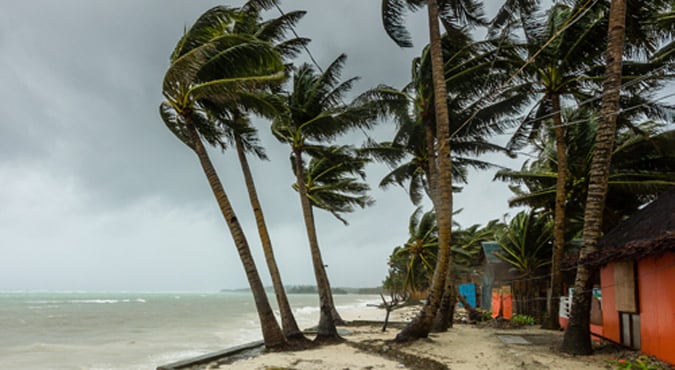Key points
- During and after an emergency, you may have questions about how to manage your or your child’s asthma.
- Here are some important steps you can take.

First steps
Follow your Asthma Action Plan
- Take all your asthma medication exactly as prescribed. Don't stop any medications or change your asthma treatment plan without talking to your healthcare provider.
- Make sure that you have at least 30 days of non-prescription medications and supplies in case you need to stay home for a long time.
- Know how to use your inhaler.
- Avoid your asthma triggers.
Facing challenges
Take everyday precautions.
Wash your hands. Washing hands with soap and water is the best way to reduce the number of germs on them. If soap and water are not available, use an alcohol-based hand sanitizer that contains at least 60% alcohol. Wash your hands:
- Before, during, and after preparing food
- Before eating food
- After using the toilet
- After changing diapers or cleaning up a child who has used the toilet
- Before and after caring for someone who is sick
- After blowing your nose, coughing, or sneezing
- After touching garbage
Clean and disinfect.
Clean things you or your family touch frequently like tables, doorknobs, light switches, countertops, handles, desks, phones, remotes, keyboards, toilets, faucets, and sinks.
Avoid disinfectants that can cause an asthma attack. Have someone who doesn't have asthma clean and disinfect. When using cleaning and disinfecting products:
- Make sure that people with asthma are not in the room.
- Avoid products that can cause an asthma attack.
- Open windows or doors and use a fan that blows air outdoors.
- Apply the cleaner to a cloth or paper towel--don't spray it into the air.
- Always follow the instructions on the product label.
Take steps to help yourself cope.
Strong emotions can trigger an asthma attack. Help yourself cope with stress and anxiety.
Resources
Get emergency prescription assistance.
The Emergency Prescription Assistance Program (EPAP) can help people in a disaster area who don't have health insurance get their prescription drugs, medical supplies, or medical equipment.
EPAP is only available when activated in a federally-identified disaster area. Call EPAP at 1-855-793-7470.
